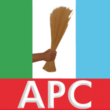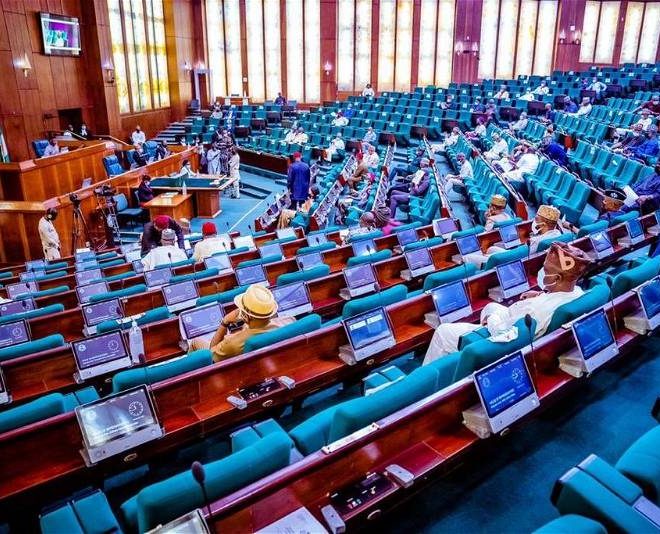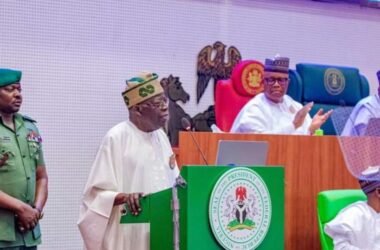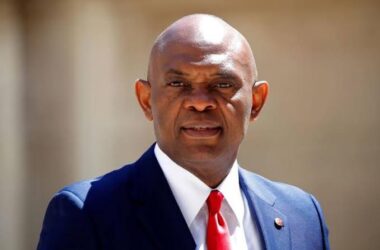The House of Representatives has embarked on an extensive investigation into the alleged importation and production of adulterated petroleum products in Nigeria. This inquiry, driven by the Joint Petroleum Committees on Midstream and Downstream sectors, also addresses the critical issue of crude oil scarcity impacting domestic refineries and broader energy security concerns.
At the committee’s inaugural meeting, chaired by Hon. Ikenga Imo Ugochinyere (Downstream) and Hon. Henry Okojie (Midstream), Deputy Speaker Rep. Benjamin Kalu called on all involved parties to fully cooperate by providing necessary information and documentation.
Kalu emphasized the need for transparency, fairness, justice, and professionalism in the investigation process. He urged the committee members to prioritize the interests of the Nigerian people and maintain the core values of the 10th House of Representatives.
During the event, Ugochinyere and Okojie outlined the committee’s strategy, confirming that hearings and submissions from various stakeholders had already begun. They encouraged refinery operators, importers, producers, and marketers of petroleum products to share their complaints, suggestions, and independent evidence.
The investigation will unfold in phases, beginning with the examination of local production and importation of substandard petroleum products and the shortage of crude oil for refineries. The committee has identified 30 key items for investigation but will initially focus on these two primary concerns.
“To ensure a thorough examination,” Ugochinyere said, “the committee plans to conduct laboratory investigations at all local refineries, marketer and importer facilities, and regulatory agency labs such as the Nigerian Midstream and Downstream Petroleum Regulatory Authority (NMDPRA).”
He added that they will visit various filling stations, depots, and other relevant sites to collect samples for analysis. These samples will be tested in both regulatory and independent labs to check sulfur levels and other critical components.
The committee will also engage an internationally certified lab and conduct live testing of all imported and locally produced products to resolve the issues. “The results of such testing on all imported and produced petroleum products will be announced publicly,” Ugochinyere stated.
Apart from addressing the crude oil supply shortage to domestic refiners, the investigation will also look into the quantity of crude that should go to local refiners, the reasons for any shortfalls, and the impact of crude forward sales on the availability of crude to domestic refineries.
Letters of invitation for paper submissions and appearances have been sent to key stakeholders, including the Minister for Petroleum (Oil), the management of NNPCL, the GCEO Mele Kyari, and other significant figures in the petroleum sector. The committee aims to identify and resolve the underlying issues affecting Nigeria’s petroleum industry and has urged all stakeholders to refrain from media attacks until the investigation is concluded.










